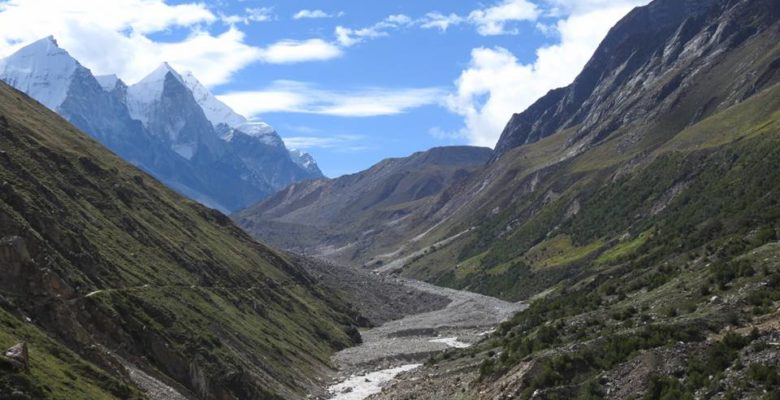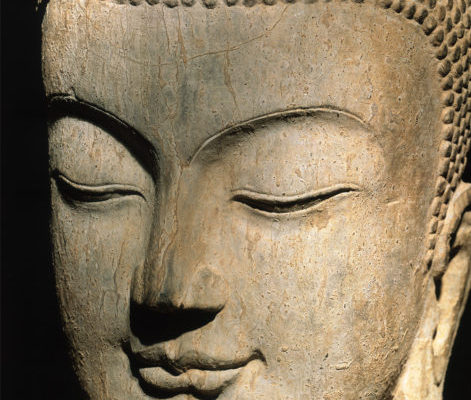What exists beyond the body, mind, and emotions? That question is the central question of Yoga and one’s answer to that question continues to evolve as they progress along the path. Yoga starts when one sincerely attempts to answer that question. Regardless of how many asanas one performs, asana is only a preparatory stage of Yoga. Asana prepares one for …









